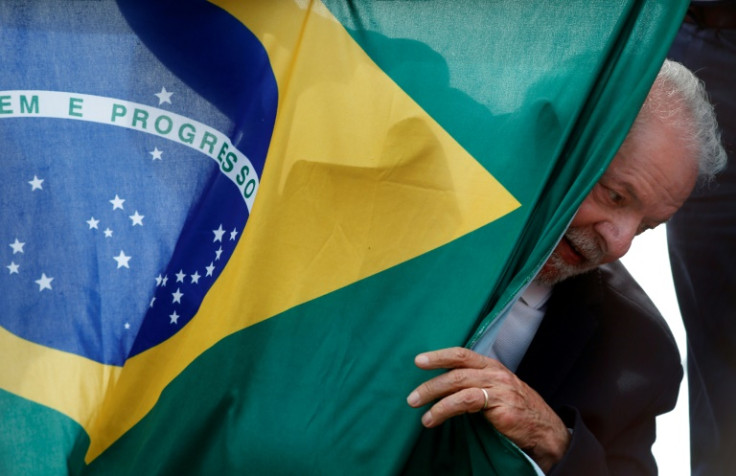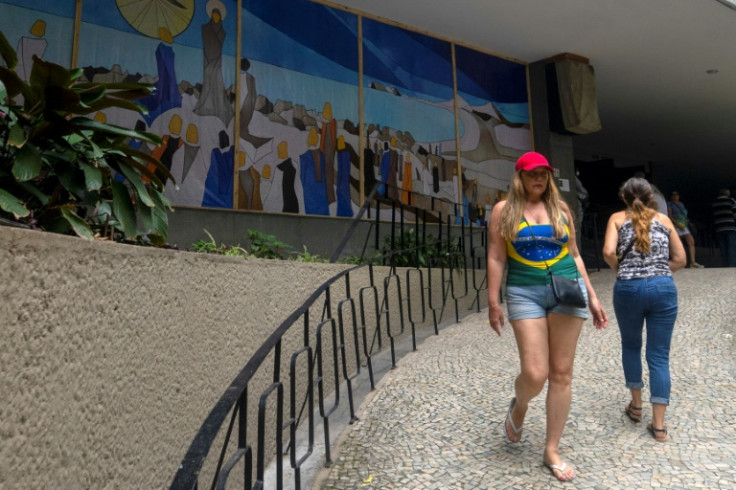Lula Da Silva Inherits Struggling Brazilian Economy And Climate Battle

In Brazil's closest election in 37 years, former president Luiz Inácio Lula da Silva beat incumbent Jair Bolsonaro in a run-off election.
Bolsonaro did not initially concede defeat, leading to days of protests and roadblocks from his supporters. Bolsonaro's eventually accepted his loss, and the transition to a new administration has begun.
Da Silva was first elected President of Brazil in 2002 and served for eight years. He was was of the most popular political leaders in Brazil and worldwide. When he left office in 2010, his approval rating was almost 90%.
In the years that followed da Silva would be caught up in a series of corruption scandals and blamed for the country's recession. His successor, Dilma Rousseff, was impeached in 2016, and in 2018 da Silva was jailed for 580 days on corruption charges.
Da Silva's won by a little more than two million votes, garnering 50.9% of the vote. Da Silva is inheriting a politically polarized country, a slowing economy and a climate crisis.
Da Silva is expected to push for an end to the current government spending cap and more public sending in the hopes of stimulating economic growth.
The economy is slowing at a fast rate after bouncing back from a COVID-induced recession. Deloitte estimates the Brazilian economy "will likely slow down dramatically next year due to a volatile external environment."

Brazil is Latin America's largest country and one of its largest economies. China is Brazil's biggest trade partner and is expecting its own economic slowdown. Brazil's government debt reached almost 90% of its gross domestic product in 2020, in part because of Bolsonaro's monthly $10 billion pandemic payouts. The debt rate is now hovering around 80%.
Climate activists cheered da Silva's election and hope he will reverse some of Bolsonaro's climate choices and protect Brazil's treasured wildlife and Amazon rainforest.
Climate conservation was a primary selling point of his campaign.
"We will prove once again that it's possible to generate wealth without destroying the environment," he said Sunday during his acceptance speech.
© Copyright IBTimes 2024. All rights reserved.




















